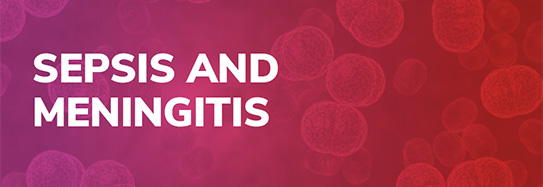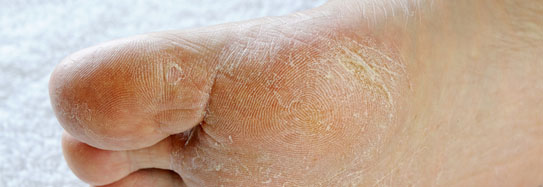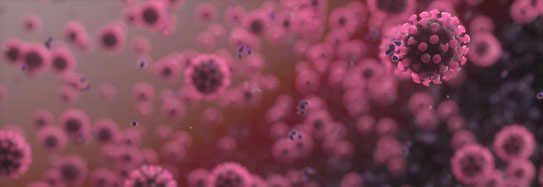While there are several types of meningitis, this information section describes the three most common ones.
Bacterial Meningitis
Bacterial meningitis is the most severe type of meningitis. The bacteria pass from person to person. According to Centers for Disease Control and Prevention (CDC), the most common types of bacteria that cause this infection in the United States are Haemophilus influenzae (most often caused by type b, Hib), Streptococcus pneumoniae, group B Streptococcus, Listeria monocytogenes (in newborns), and Neisseria meningitidis.
Statistics show that between 2003 and 2007, there were approximately 4,100 cases of bacterial meningitis each year in the U.S. Five hundred cases per year result in death.
Viral Meningitis
Viral infections are the most common cause of the infection but viral meningitis is not usually as severe as bacterial meningitis and people generally get better without treatment.
Although anyone can come down with viral meningitis, children under 5 years old and people who have compromised immune systems, either from illness or medications taken to treat some diseases, are at higher risk.
Viral illnesses such as mumps and influenza (the flu) can lead to viral meningitis.
Fungal Meningitis
Fungal meningitis is the rarest of the three. For fungal meningitis to develop, a fungal infection must spread through the bloodstream to the spinal canal. A fungal infection can occur by inhaling the fungus or it can also enter the body in other ways. A fungal meningitis outbreak began in September 2012 when patients received contaminated medication into the spinal canal by injection. As with the viral infection, the people at highest risk of developing the fungal type are the immunocompromised, such as people who have AIDS or who have cancer.








































